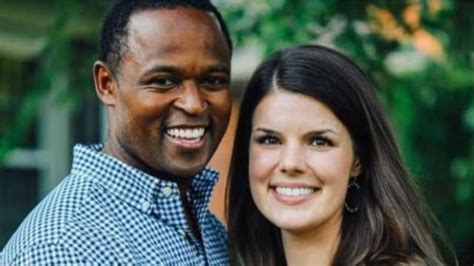A Quote by Paul Keating
The only reward in a public life is public progress. You stand back and say, 'What did I get out of it?' You look around, and the place is better, and that's it.
Related Quotes
I want to say to you is that James Madison and Thomas Jefferson did not intend to drive a stake in the heart of religion and to drive it out of our public life. What they intended to do was to set up a system so that we could bring religion into our public life and into our private life without any of us telling the other what to do.
The true Church has never sounded out public expectations before launching her mission. Her leaders heard from God, they knew their Lord's will and did it. Their people followed them - sometimes to triumph, oftener to insults and public persecution - and their sufficient reward was the satisfaction of being right in a wrong world!
The public realm in America has two roles: it is the dwelling place of our civilization and our civic life, and it is the physical manifestation of the common good. When you degrade the public realm, you will automatically degrade the quality of your civic life and the character of all the enactments of your public life and communal life that take place there.
If you can look back and say, "The economy's better. Our security's better. The environment's better. Our kids' education is better," if you can say that you've made things better, then considering all the challenges out there, you should feel good. But I'm the first to acknowledge that I did not crack the code in terms of reducing this partisan fever.
I was so inspired by Dr. King that in 1956 with my brothers and sisters and first cousins, I was only 16 years old, we went down to the public library trying to check out some books and we were told by the librarian that the library was for whites only and not for colors! It was a public library! I never went back to that public library until July 5th, 1998, by this time I'm in the Congress, for a book signing of my book "Walking with the Wind"
Everyone likes to have fun. But when I look back on my life, I'm not going to say, 'Oh, we're the crazy party animals.' I'll look back and say, 'Wow, we did take this seriously.' We had fun while we were out doing it, but it's just the only thing you read about: 'They're a bunch of party animals.' To be honest, that's not true.

































